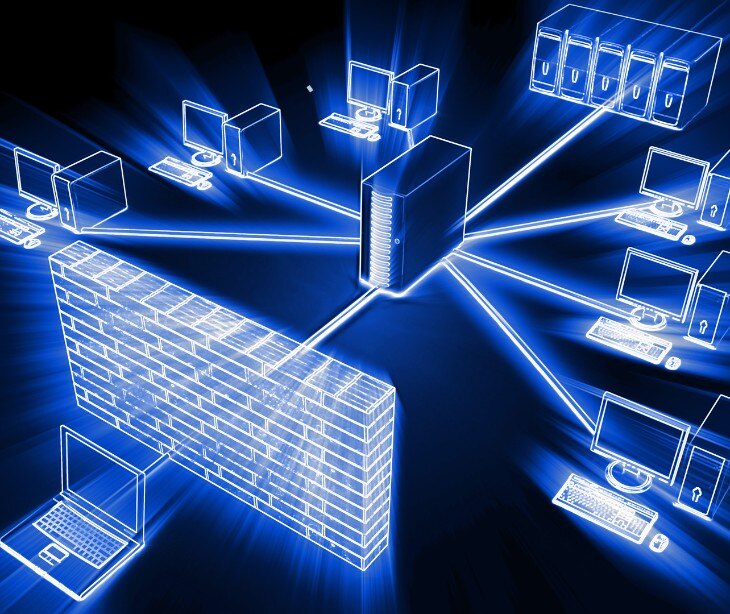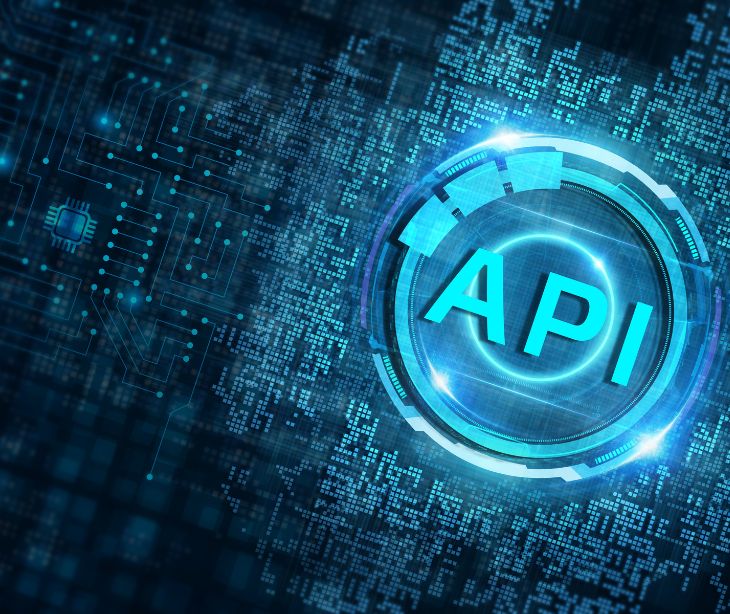
SaaS, or Software as a Service, is a type of software where applications are made available to customers over the Internet. This model is a part of cloud computing, which also includes Infrastructure-as-a-Service (IaaS) and Platform-as-a-Service (PaaS).
How SaaS works
SaaS involves companies providing software or applications on the Internet as a service, contrasting with traditional software models where software is purchased and installed locally. According to the Harvard Business Review, the SaaS model focuses on fixing a specific problem for customers and fitting operational budgets, two things many on-premise software companies struggle to do.
Many communication companies, like Slack, Zoom, and Trello, are considered SaaS because they provide software with a specific service. SaaS companies generally have the following in common:
- Hosting: The service provider hosts the software on their servers.
- Access: Users access the software through a web browser, typically using a login and password.
- Subscription: Users usually pay a recurring subscription fee to use the software.
- Maintenance: The service provider maintains the software, including updates, security, and backups.
See also: HIPAA Compliant Email: The Definitive Guide
Features
- Multi-tenancy: Multiple users (tenants) share the same application and infrastructure but have their data isolated and secure.
- Scalability: The service can scale up or down based on user demand, accommodating customer growth or contraction.
- Automatic updates: The software is updated by the provider, ensuring users always have access to the latest features and security patches.
Benefits of SaaS
- Cost-effective: SaaS eliminates the need for expensive hardware and reduces the burden of IT maintenance. Subscription pricing can also be more manageable than upfront costs.
- Accessibility: SaaS applications can be accessed from any device with an internet connection, facilitating remote work and collaboration.
- Flexibility: Scalable solutions can grow with your business, offering flexible pricing plans and service levels.
- Maintenance-free: The provider handles all maintenance, updates, and security, freeing up resources and reducing the burden on in-house IT staff.
- Quick deployment: SaaS solutions can deploy faster than traditional on-premise software, allowing businesses to get off the ground quickly.
FAQs
Is SaaS secure?
SaaS providers may invest in robust security measures like data encryption, regular security audits, and compliance certifications for regulations such as the General Data Protection Regulation (GDPR) and the Health Insurance Portability and Accountability Act (HIPAA). However, users must choose reputable providers and follow best practices for data security.
See also: The intersection of GDPR and HIPAA
Can SaaS applications integrate with other systems?
Yes, SaaS applications often provide APIs (Application Programming Interfaces) that allow integration with other software systems, enabling data sharing and workflow automation.
Is Paubox an SaaS business?
Yes, Paubox is a cloud-based software service providing HIPAA compliant secure communication. By being a SaaS company, customers don’t have to worry about maintenance, scalability, or only having access to the service at work.
Subscribe to Paubox Weekly
Every Friday we'll bring you the most important news from Paubox. Our aim is to make you smarter, faster.



